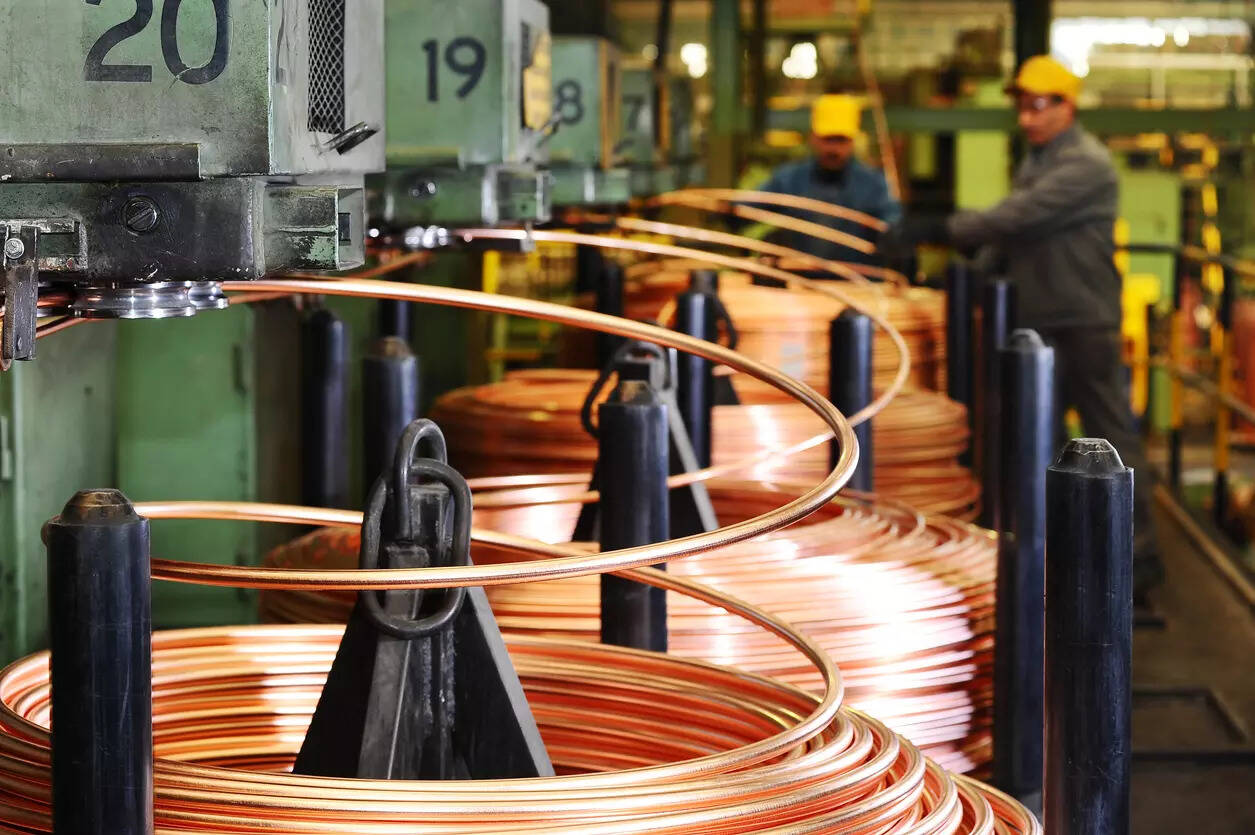
As electric vehicles (EVs) become more mainstream and automobile manufacturing pivots to electrification discarding its obsession with decades-old internal combustion engines, the current focus is on the availability of rare earths. Yet at the same time, the auto industry’s search for copper has become a defining challenge and an opportunity—one that will define the next era of global mobility.
The criticality of copper for EVs is a pertinent and important issue for all EV manufacturers. copper makes up about 4–5 % of an EV’s total weight (in a typical BEV), but a much higher share of the total raw material cost, since copper is far more valuable than steel or aluminum. The material’s unmatched qualities of electrical conductivity, durability, malleability and affordability make it indispensable across a wide spectrum of EV components.
It is far more cost competitive than gold and silver, with similar conductive qualities. Thus, in every EV, copper is central to battery packs, electric motor windings, inverters, high- and low-voltage wiring harnesses, charging cables, busbars, and the charging infrastructure.
Copper is extensively used in electric motor windings because it creates a magnetic field that drives the motor. The higher the quality of the material used, the more efficient the motor operates, which translates into better performance, longer range, and lower energy consumption, ideal for any EV. Copper’s excellent thermal conductivity allows for efficient heat dissipation, preventing overheating and ensuring optimal performance under different conditions.
The electrical conductivity of copper, for instance, is 59.6 MS/m (million Siemens per meter), whereas that of aluminium, its closest alternative, is about 37.8 MS/m. Hence, an aluminium wire must be 63% thicker to carry the same amount of electricity, which increases both the weight and bulk of the EV. (1). Copper therefore offers an advantage in terms of high strength to weight ratio, which enables EV manufacturers to reduce the overall weight of the vehicle without compromising upon performance or safety.
Similarly, copper plays a vital role in charging infrastructure, such as EV charging cables and connectors. The metal’s excellent conductivity allows efficient power transfer from the charging stations to cars, thereby reducing charging times and optimising energy usage. To enhance the transmission power of the EVs, the auto manufacturers are increasing the usage of copper worldwide.
Copper also plays an important role in EV inverters, which convert the battery’s DC power to AC for the motor, as well as in various power electronics used throughout the vehicle. Copper is also important in wiring for power distribution, control systems, and data transmission. A…
Disclaimer
We strive to uphold the highest ethical standards in all of our reporting and coverage. We 5guruayurveda.com want to be transparent with our readers about any potential conflicts of interest that may arise in our work. It’s possible that some of the investors we feature may have connections to other businesses, including competitors or companies we write about. However, we want to assure our readers that this will not have any impact on the integrity or impartiality of our reporting. We are committed to delivering accurate, unbiased news and information to our audience, and we will continue to uphold our ethics and principles in all of our work. Thank you for your trust and support.
Website Upgradation is going on. For any glitch kindly connect at 5guruayurveda.com



